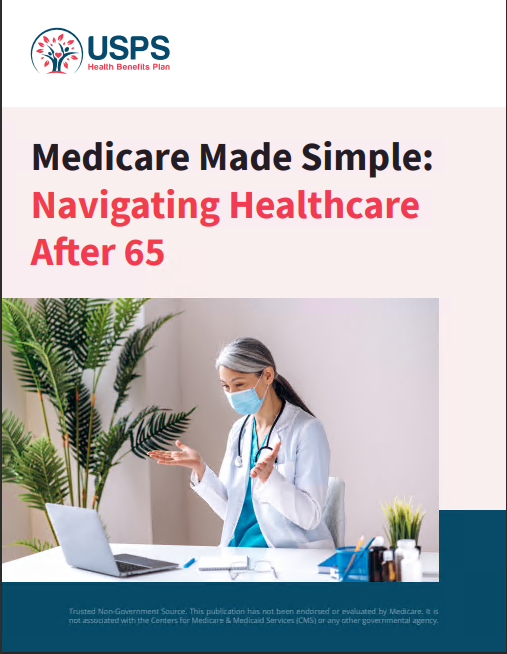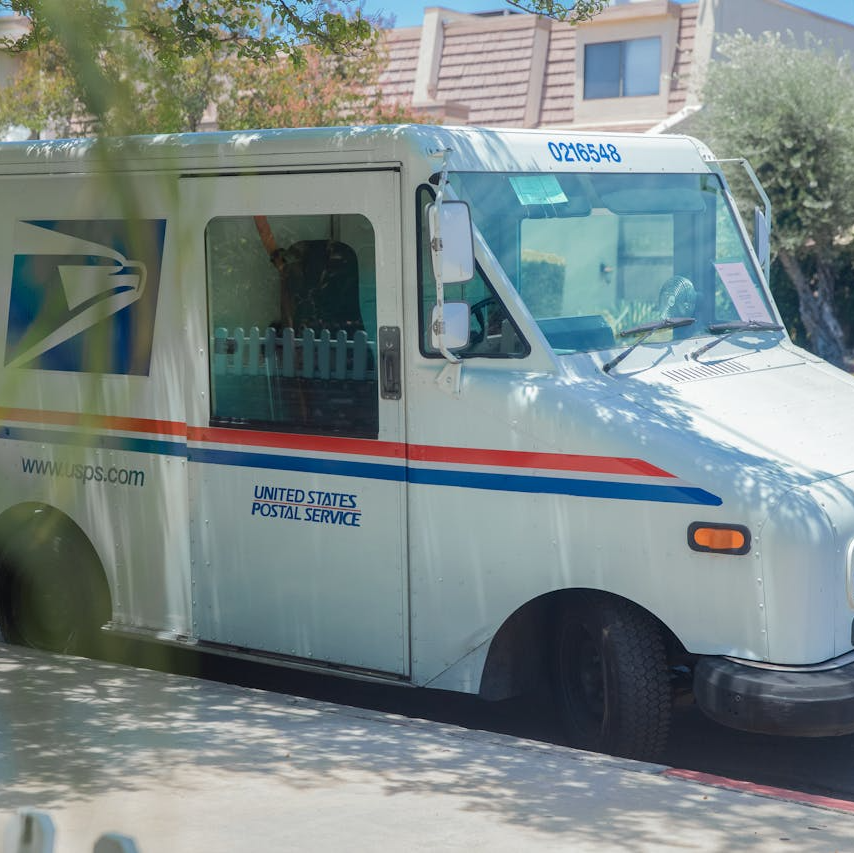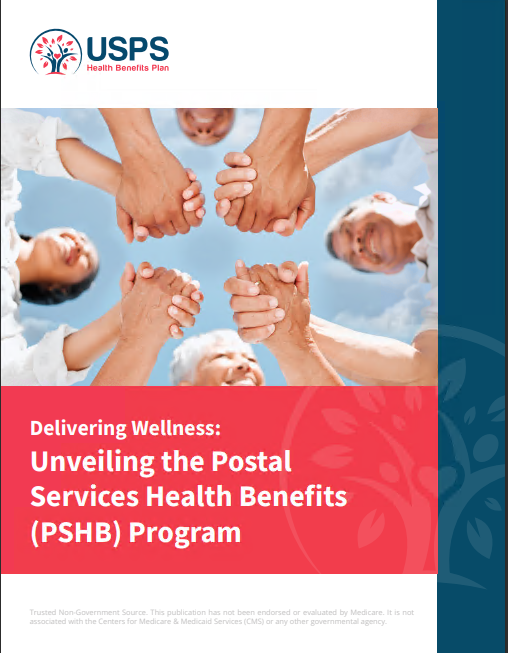Key Takeaways
-
The 2025 Postal Service Health Benefits (PSHB) program aims to provide better access to healthcare while improving affordability for USPS workers and retirees.
-
Preparing for Open Season and understanding Medicare integration are critical steps to make the most of this revamped coverage system.
A New Chapter in USPS Healthcare
Come January 1, 2025, USPS employees, retirees, and their families will experience a major transformation in their health coverage. The Postal Service Health Benefits (PSHB) program will take over from the Federal Employees Health Benefits (FEHB) program, marking a shift toward healthcare plans tailored specifically for postal workers. This change is designed to streamline coverage, expand access, and improve affordability—but to benefit fully, you need to understand what’s changing and why it matters.
The Big Why: Why Is PSHB Happening?
The PSHB program is part of the Postal Service Reform Act of 2022, a legislative effort to address USPS’s financial challenges while improving healthcare options for its workforce. Key goals of this overhaul include:
-
Cost Savings: Balancing affordability for participants while helping USPS manage its financial obligations.
-
Medicare Integration: Enhancing retiree healthcare through seamless coordination with Medicare Part B.
-
Customized Plans: Moving away from one-size-fits-all federal plans to options designed specifically for USPS employees and their families.
This isn’t just an update—it’s a complete rethinking of how healthcare should work for you.
How Will PSHB Affect You?
For Active Employees
If you’re a current USPS worker, here’s what you need to know:
-
Your existing FEHB plan will transition to PSHB during Open Season unless you choose a different plan.
-
You’ll gain access to plans specifically tailored to postal workers, offering better alignment with your job’s unique demands.
For Retirees
If you’re retired, PSHB brings new requirements and opportunities:
-
Medicare Part B Enrollment: Retirees eligible for Medicare will need to enroll to maintain PSHB coverage.
-
Lower Costs: Medicare integration is designed to reduce out-of-pocket expenses while expanding access to care.
For Families and Dependents
Your spouse and eligible dependents currently covered under FEHB will also transition to PSHB, ensuring continuity of coverage tailored to your household’s needs.
Open Season: Your Window to Choose
The Open Season enrollment period runs from November 11 to December 9, 2024. This is your opportunity to:
Compare Plans
Review all available PSHB plans to determine which one aligns best with your healthcare needs and budget. Look at:
-
Coverage options.
-
Deductibles and premiums.
-
Network availability for your preferred healthcare providers.
Make Adjustments
If your healthcare needs have changed, this is the time to switch to a plan that better fits your current situation.
Confirm Medicare Enrollment
For retirees, it’s crucial to verify your enrollment in Medicare Part B. Missing this step could jeopardize your ability to maintain PSHB coverage.
Medicare Integration: What You Need to Know
Why Is Medicare Part B Important?
Medicare Part B provides essential outpatient coverage, including:
-
Doctor visits.
-
Preventive care.
-
Diagnostic services and durable medical equipment.
Pairing Medicare with PSHB ensures:
-
Expanded Coverage: More comprehensive access to medical services.
-
Lower Costs: Reduced out-of-pocket expenses by splitting costs between Medicare and PSHB.
-
Streamlined Care: Improved coordination between plans minimizes administrative hurdles.
Key Deadlines for Retirees
If you’re eligible for Medicare, you must enroll in Part B by January 1, 2025. Missing this deadline could result in penalties and a loss of PSHB coverage.
What’s Staying the Same?
Despite the significant changes, several familiar aspects of your healthcare coverage remain:
Continued USPS Contributions
USPS will continue contributing to your healthcare premiums, ensuring that plans remain affordable for employees and retirees.
Plan Variety
PSHB will offer a range of plans to cater to diverse healthcare needs and budgets, just like FEHB did. Whether you’re seeking basic coverage or a more robust plan, you’ll have options to explore.
Financial Protections
Caps on out-of-pocket costs will remain in place, protecting you from unexpected medical expenses and providing greater financial stability.
Understanding Costs Under PSHB
Knowing what to expect in terms of costs can help you make informed decisions. Here’s what you need to consider:
Premiums
Your monthly premium will vary depending on the plan you select. USPS contributions will offset these costs to keep them manageable.
Deductibles
Each plan will have a unique deductible structure. Compare options carefully to find one that fits your financial situation and expected healthcare needs.
Medicare Savings
For retirees, Medicare integration will significantly reduce out-of-pocket costs, creating a more predictable and affordable healthcare experience.
Preparing for the Transition
Here’s how you can get ready for the switch to PSHB:
Stay Informed
Look out for USPS communications about the upcoming changes. Use plan comparison tools and resources to understand your options and the steps you need to take.
Assess Your Healthcare Needs
Think about the healthcare services you’ve used over the past year. Consider:
-
Frequency of doctor visits.
-
Anticipated medical needs for the coming year.
Mark Key Dates
Set reminders for Open Season and Medicare Part B enrollment deadlines. Missing these dates could lead to lapses in coverage or penalties.
Reach Out for Help
If you have questions, don’t hesitate to contact USPS or PSHB representatives. Getting clarity now will help you make confident decisions later.
What Makes PSHB a Game-Changer?
The PSHB program is more than just a change in name—it’s a shift in how healthcare is provided and managed for USPS employees and retirees. Benefits include:
-
Tailored Plans: Options designed specifically for USPS workers and their families.
-
Improved Affordability: Lower costs for retirees through Medicare integration.
-
Better Access: Expanded coverage options ensure you’re well-supported for your medical needs.
These changes aim to create a healthcare system that’s not only efficient but also equitable and accessible.
Looking Ahead: Why PSHB Matters
The 2025 PSHB program is an opportunity to rethink how healthcare works for USPS employees and retirees. By focusing on affordability, access, and tailored plans, it aims to provide better outcomes for you and your family. To make the most of this change, it’s important to:
-
Actively participate during Open Season.
-
Prepare for Medicare enrollment if you’re a retiree.
-
Stay informed and ask questions to ensure you’re getting the best possible coverage.
Reimagining Healthcare for USPS Families
The 2025 Postal Service Health Benefits program isn’t just about adapting to change; it’s about seizing the opportunity to improve your healthcare. By understanding your options and planning ahead, you can secure a plan that meets your needs and protects your well-being for years to come.










